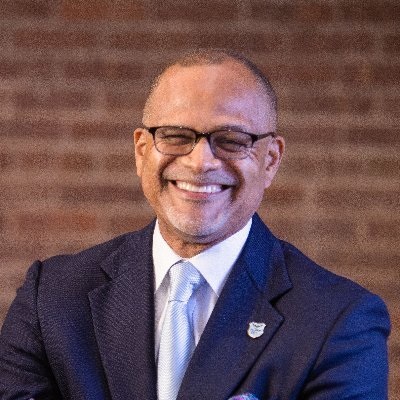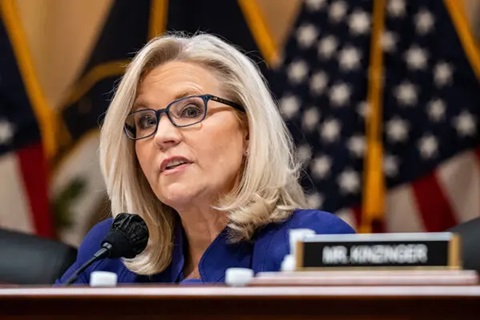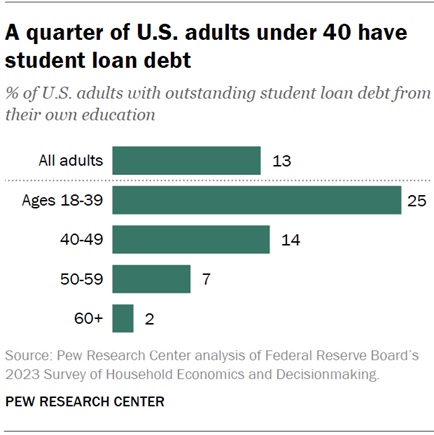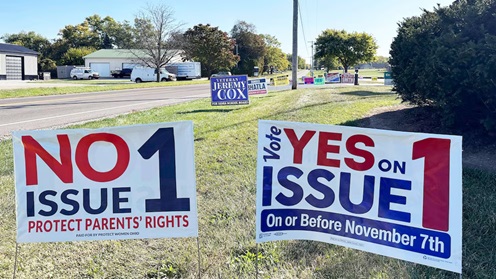Dear Commons Community,
David C. Banks, the chancellor of New York City’s public school system, announced late on Tuesday that he would resign from his post at the end of December.
The announcement came just weeks after federal agents seized Mr. Banks’s phone as part of a bribery investigation involving his brothers and fiancée — and it promised to roil not just the nation’s largest school system but also a mayoral administration already reeling from at least four separate federal corruption inquiries.
The schools chancellor’s resignation is the fourth in less than two weeks among top officials in Mayor Eric Adams’s administration, following the resignations of the police commissioner and the city’s top lawyer and a statement from the health commissioner saying he would leave office at the end of the year.
Of those officials, Mr. Banks is by far the closest to the mayor, who recently said that he has known the chancellor; his younger brother, Philip B. Banks III, the deputy mayor for public safety; and the rest of the Banks family for decades and would continue to have a relationship with them. As reported by The New York Times.
And the announcement of the chancellor’s departure caught his subordinates off guard. It landed just three weeks into the new school year, and occurred as his Education Department was still scrambling to address students’ flagging academic performance and behavioral and mental health concerns that were lingering aftereffects of the pandemic.
Melissa Aviles-Ramos, one of the chancellor’s top deputies, is expected to be named the next chancellor as soon as Wednesday, according to three people with knowledge of the appointment. It is not immediately clear whether Ms. Aviles-Ramos, who previously served as Mr. Banks’s chief of staff, would serve on an interim or permanent basis.
The resignation announcement was an abrupt turnaround for a man who has said since at least the mid-1990s that the schools chancellorship was the job he wanted more than any other.
But outside the Education Department, his past several weeks have been filled with turmoil.
On. Sept. 4, the day before classes were to begin for New York City’s 900,000 public-school students, the chancellor’s phone was seized around dawn by federal agents conducting a bribery and corruption investigation that is focused at least in part on a consulting firm run by Mr. Banks’s youngest brother, Terence Banks.
David Banks’s fiancée, Sheena Wright, the first deputy mayor, also had her phone seized when federal agents appeared at their door. And his brother Philip also had his phone taken by federal agents.
That investigation was separate from the other three inquiries swirling around the Adams administration, which include an investigation into whether Mr. Adams and his campaign conspired with the Turkish government to receive illegal foreign donations.
Neither Mr. Banks nor anyone else has been accused of wrongdoing in the investigations, and it was not clear whether prosecutors would file charges at all.
At a recent news conference, he maintained that he had done nothing wrong.
“I have always lived my life with integrity,” Mr. Banks said. “Every day.”
We wish him luck!
Tony












